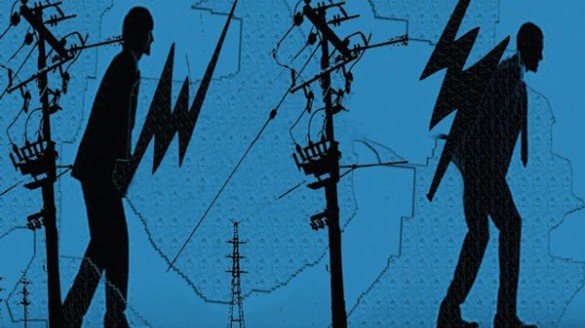
ISLAMABAD: Consumers are set to pay the price of bad political decisions as the government considers further increasing power tariffs from the earlier discussed six to seven per cent or even more.
Adviser to Prime Minister on Finance and Revenue Dr Abdul Hafeez Sheikh said that the final rate would be applicable from April 1, indicating that the tariffs would not only be increased but the additional cost of subsidies would also be recovered through utility bills.
Speaking at the launch of the third annual report on the state of economy by the Institute of Public Policy, Dr Sheikh said the measure was necessary. “You cannot simply implement the easy part of the IMF programme and abandon the difficult part,” he said.
According to Sheikh, the government had entered into an agreement with the International Monetary Fund, the World Bank and the Asian Development Bank to raise power tariffs by 24 per cent between October last year and April this year.
Tariffs were to be raised by 4.4 per cent in October and 12 per cent in January. The third phase needed a six per cent hike in April, but excessive power outages in February and March compelled the government to defer the decision for a few months.
Now, Dr Sheikh said, finance ministry estimates showed that if the government does not enforce the tariff from April it would cost the government Rs8 billion by the end of June.
Further calculations suggest that to recover the subsidies the government will have to raise the tariffs by at least seven per cent from July 1.
Former finance minister and Revenue Advisory Council Chairman Dr Hafeez Pasha said that the IMF programme was a disappointment in many ways.
“The government assumed that bilateral aid will increase after the IMF programme but that did not happen.”
State of the economy
Sheikh said a few thousand people were responsible for “ransacking” the economy. “Pakistan Steel Mills sustains Rs1 billion losses every month and is seeking Rs25 billion in subsidy, which I have refused to give,” he said. “This is public money which cannot be utilised to finance a bleeding organisation.”
Independent economists at the event opposed the government policy of maintaining tight fiscal and monetary policies during the next fiscal year. They said fiscal consolidation would ruin the economy.
Discussing the upcoming budget, Dr Pasha said that setting a 3.5 per cent budget deficit target would be too difficult to achieve. He suggested the government should set the target at five per cent of Gross Domestic Product (GDP) or Rs850 billion. He said that federal development budget worth Rs280 billion for the next fiscal year would be a blow to future growth.
The former minister warned that debt obligations would increases after two years and said the government needed to create opportunities for development before that time. “If new jobs are not created there would be social breakdown after two years.”
Economist and expert on poverty Dr Akmal Hussain, said that underprivileged people should be given access to assets and opportunities. He said these people should be subject to growth and not mere recipients of the trickle-down effect.
Chairman Institute of Public Policy, Shahid Javed Burki, said that Pakistan’s economy was still coping with six major challenges. “The biggest challenge” he said “is increasing uncertainty due to terrorism.”
Published in the Express Tribune, June 2nd, 2010.





































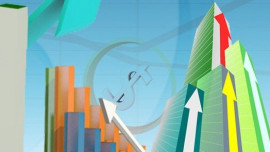
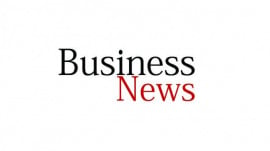
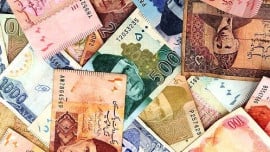
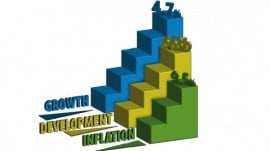



























COMMENTS
Comments are moderated and generally will be posted if they are on-topic and not abusive.
For more information, please see our Comments FAQ